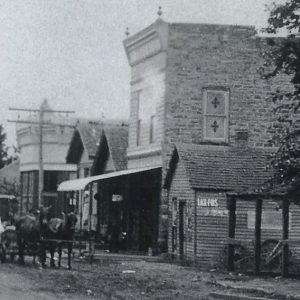 A. R. Carroll Drugstore
A. R. Carroll Drugstore
Entry Category: Business and Economics
 A. R. Carroll Drugstore
A. R. Carroll Drugstore
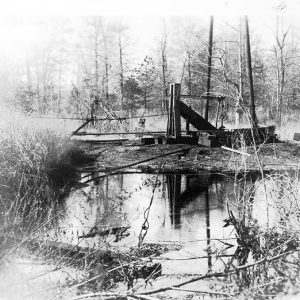 Abandoned Smackover Oil Well
Abandoned Smackover Oil Well
Acme Brick Company
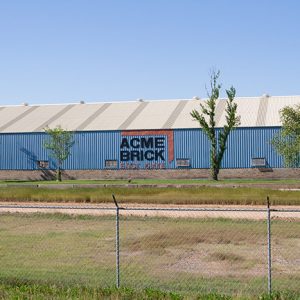 Acme Brick Company
Acme Brick Company
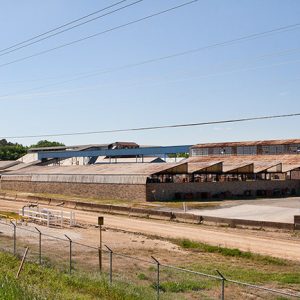 Acme Brick Company
Acme Brick Company
 ACORN Certificate
ACORN Certificate
Acxiom
Adler, Simon
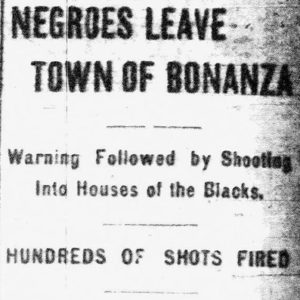 African Americans in Bonanza
African Americans in Bonanza
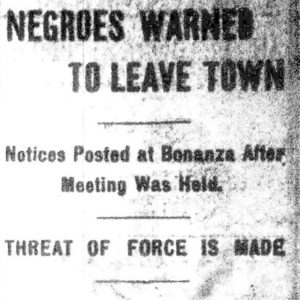 African Americans in Bonanza
African Americans in Bonanza
Agricultural Wheel
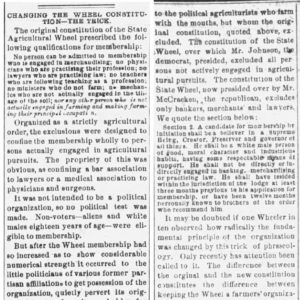 Agricultural Wheel Article
Agricultural Wheel Article
Albert Pike Hotel
 Albert Pike Hotel
Albert Pike Hotel
 Albert Pike Hotel
Albert Pike Hotel
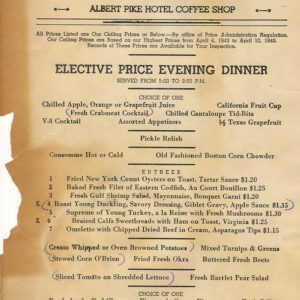 Albert Pike Hotel Menu
Albert Pike Hotel Menu
Alderson, Edwin Boyd Jr.
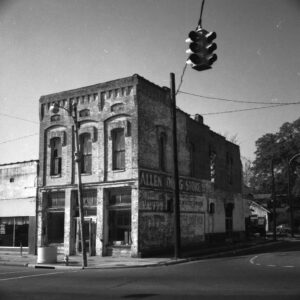 Allen Drug Store
Allen Drug Store
Allens, Inc.
aka: Allen Canning Company
aka: Sager Creek Vegetable Company
Alley, Gerald Byron
Alltel
Altheimer, Benjamin Joseph, Sr.
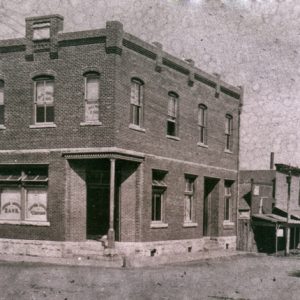 Altus American Bank
Altus American Bank
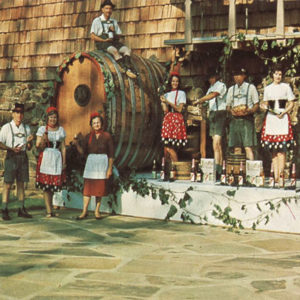 Altus Grape Festival
Altus Grape Festival
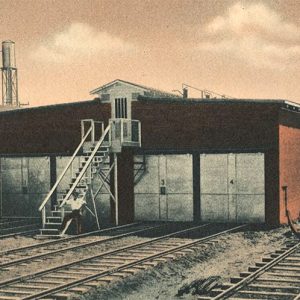 American Lumber
American Lumber
 American Railcar Industries
American Railcar Industries
American Viticultural Areas
aka: Viticultural Areas
American Wine Society – Arkansas Chapter
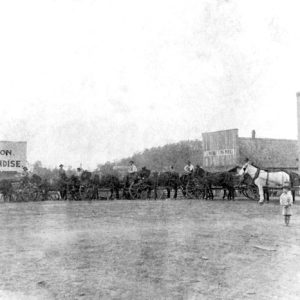 Amity Town Square
Amity Town Square
Ancient Order of United Workmen
Andrews, Glen
 Andrews Lure Co. Flyer
Andrews Lure Co. Flyer
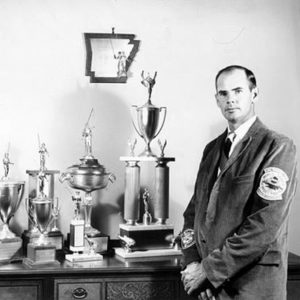 Glen Andrews
Glen Andrews
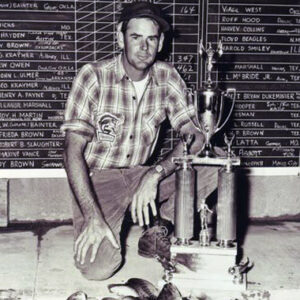 Glen Andrews
Glen Andrews
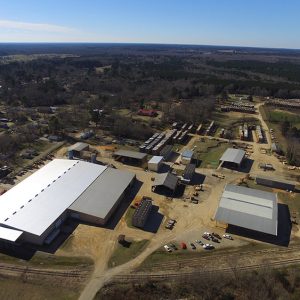 Anthony Oak Flooring Plant in Magnolia
Anthony Oak Flooring Plant in Magnolia
Anthony Timberlands, Inc.
 Anti-Amendment 59 Brochure
Anti-Amendment 59 Brochure
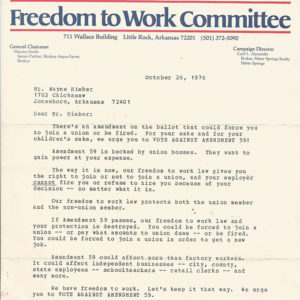 Anti-Amendment 59 Campaign
Anti-Amendment 59 Campaign
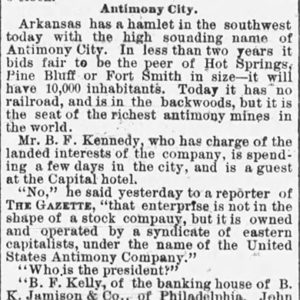 Antimony City Article
Antimony City Article
Antimony Mining
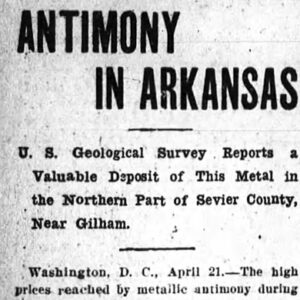 Antimony Mining Article
Antimony Mining Article
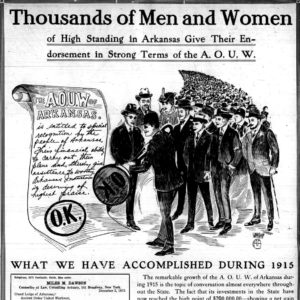 AOUW Ad
AOUW Ad
 AP&L Offices
AP&L Offices
 AP&L Shop
AP&L Shop
Apple Industry
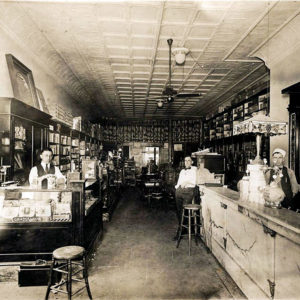 Applegate Drugs
Applegate Drugs
Aquaculture
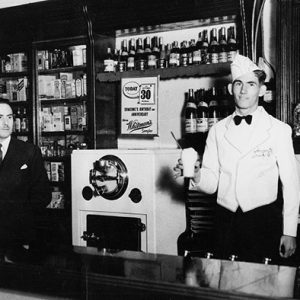 Argenta Drug Store
Argenta Drug Store
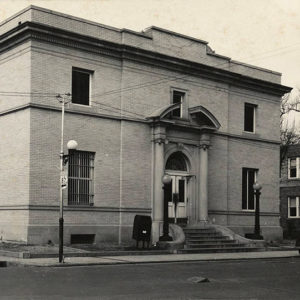 Arkadelphia Post Office
Arkadelphia Post Office
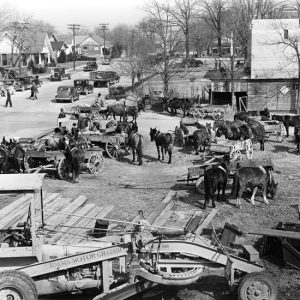 Arkadelphia Street Scene
Arkadelphia Street Scene




